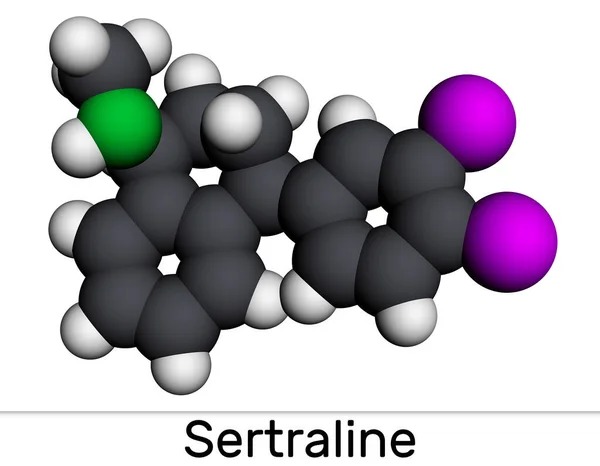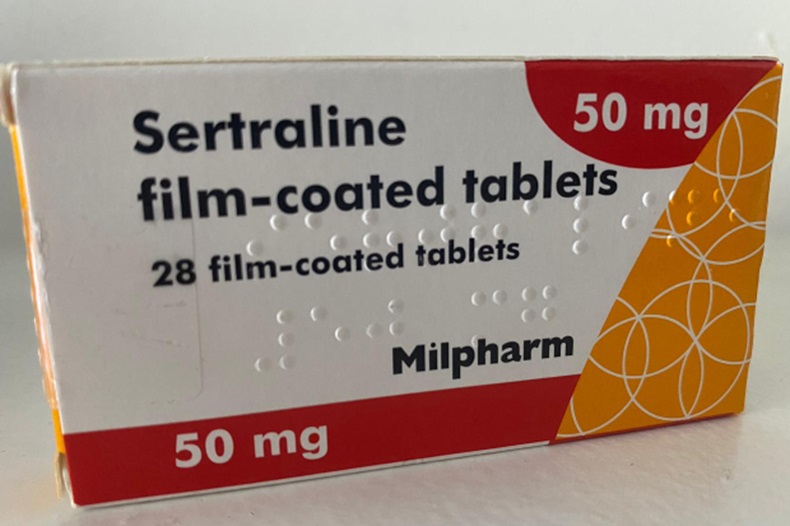Sertraline: Medication Basics and Common Interactions

Sertraline is a selective serotonin reuptake inhibitor (SSRI) commonly prescribed to treat depression, anxiety, and other mood disorders. Understanding foods to avoid when taking sertraline and the common interactions sertraline has with other medications is crucial for anyone beginning this treatment. Sertraline enhances the levels of serotonin in the brain, a chemical that helps regulate mood, social behavior, appetite, digestion, sleep, memory, and sexual desire.
- How It Works: Increases serotonin levels to help maintain mental balance.
- Medication Interactions: Care should be taken when combining sertraline with other drugs, especially MAO inhibitors or blood thinners, which can cause serious interactions.
Foods to Avoid When Taking Sertraline
When taking sertraline, certain foods and beverages can interfere with how the medication works or increase the likelihood of side effects. Being aware of these foods to avoid when taking sertraline can help you avoid unnecessary complications and make your treatment more effective.
- High-Tyramine Foods: These include aged cheeses, smoked or cured meats, and certain fishes like mackerel and tuna, which can increase blood pressure and risk of serotonin syndrome.
- Grapefruit and Juice: This fruit impacts the enzymes that metabolize sertraline, potentially leading to higher concentrations of the medication in the blood.
- Certain Herbs and Supplements: St. John’s Wort, kava, and valerian might decrease the effectiveness of sertraline or increase side effects.
- Caffeine and Alcohol: Both substances can exacerbate sertraline’s side effects such as dizziness and nausea, and alcohol can also counteract the effectiveness of the medication.
Dietary Considerations and Safe Alternatives
When considering foods to avoid when taking sertraline, it’s important to make informed choices to support the effectiveness of the medication while minimizing side effects. Here’s how to manage your diet and some safe alternatives that can be included:
Managing Diet on Sertraline
- Meal Planning Tips: Incorporate a variety of fruits, vegetables, lean proteins, and whole grains into your diet. This ensures a balanced intake of nutrients which supports overall health and the efficacy of sertraline.
- Monitoring Symptoms: Keep track of any changes in mood or physical health. Adjust your diet if certain foods cause discomfort or exacerbate side effects.
Recommended Food Choices
- Safe Proteins: Include chicken, turkey, and fish in your meals, which are not only healthy but also enhance the medication’s benefits.
- Vegetables to Include: Emphasize leafy greens like spinach and kale, which are nutrient-rich and support overall well-being on sertraline.
Foods That Can Interfere with Sertraline

It’s important to avoid or limit foods that can interfere with the absorption and effectiveness of sertraline:
- High-Fat Meals: Can delay the absorption of sertraline, reducing its effectiveness.
- Fermented, Pickled, or Aged Products: These can raise tyramine levels, potentially leading to negative interactions with the medication.
Health and Wellness
Sertraline can significantly improve mental health, but it’s also important to maintain overall well-being through supportive lifestyle choices and proper health management. Here are key considerations and resources related to foods to avoid when taking sertraline:
Consulting Healthcare Providers
- Importance of Professional Guidance: Regular consultations with healthcare providers are essential to monitor the effectiveness of sertraline and make any necessary adjustments to the treatment plan.
- Adjusting Dosage and Treatment: Depending on individual responses and side effects, dosages may need to be adjusted under professional supervision to ensure optimal outcomes.
Available Support and Resources
- Mental Health Services: Many healthcare systems offer mental health services as part of their care packages, which include counseling and therapy that can complement sertraline treatment.
- Online Health Resources: Numerous websites and portals provide valuable information on managing conditions treated with sertraline, offering tips on diet, lifestyle changes, and symptom management.
Importance of a Supportive Environment
- Creating a Healthy Lifestyle: Engaging in regular physical activity, maintaining a balanced diet, and having a supportive social network are crucial for mental health.
- Stress Management Techniques: Techniques such as mindfulness, meditation, and yoga can enhance the effectiveness of sertraline by reducing stress and improving emotional regulation.
Potential Risks and Side Effects

Understanding the potential risks and side effects of sertraline is crucial for anyone starting this medication. Being informed about foods to avoid when taking sertraline helps manage expectations and prepare for possible adjustments in treatment.
Common Side Effects of Sertraline
- Nausea, Headaches, and Dizziness: Common initial side effects as the body adjusts to sertraline.
- Sleep Disturbances: Difficulty sleeping or drowsiness may occur, depending on the time of day sertraline is taken.
Severe Health Risks
- Serotonin Syndrome: A rare, life-threatening condition that can occur, especially if sertraline is taken with other medications that affect serotonin levels.
- Hypertensive Crises from High-Tyramine Foods: Significant increases in blood pressure can occur when sertraline is combined with high-tyramine foods.
Interaction Concerns
- Drug Interactions: Sertraline can interact with a wide array of other medications, potentially altering its effectiveness or increasing side effects.
- Food and Drink Interactions: Aside from high-tyramine foods, other foods to avoid when taking sertraline include grapefruit juice as it can also affect the metabolism of sertraline, leading to higher concentrations in the blood and increasing the risk of side effects.
Understanding these aspects of sertraline can help individuals navigate their treatment with greater awareness and caution.
Support and Resources
For individuals taking sertraline, accessing the right support and resources is essential when considering foods to avoid when taking sertraline and managing treatment effectively. Here’s how to find the help you might need:
Mental Health Services
- Counseling and Therapy: Provides additional support to medication treatment, helping address underlying issues and improve coping strategies.
- Support Groups: Joining groups where others share similar experiences can provide emotional support and practical advice.
Online Health Resources
- Educational Websites: Trusted medical websites offer articles, guides, and research on how to manage life with sertraline.
- Online Forums and Communities: Platforms where individuals can share experiences and tips related to their treatment.
Access to Medical Professionals
- Regular Check-Ups: Essential for monitoring health status and making necessary adjustments to the treatment plan.
- Telehealth Services: Offers a convenient way to consult with healthcare providers, especially for routine follow-ups or non-emergency questions.
Using these resources can enhance your understanding of foods to avoid when taking sertraline and management of sertraline treatment, making the journey smoother and more informed.
Read Also: